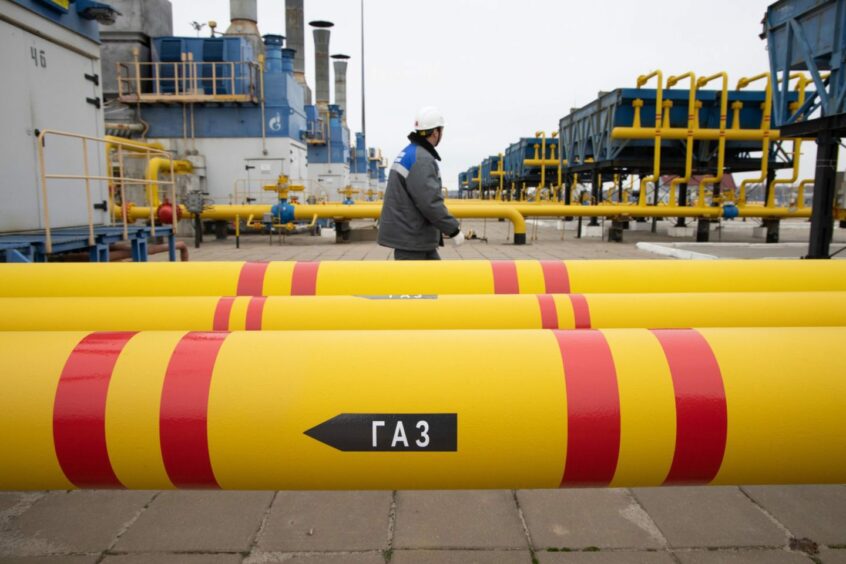
South Africa’s PetroSA has lined up a Gazprom subsidiary to overhaul its Mossel Bay gas-to-liquids (GTL) refinery.
PetroSA set out a tender for the facility in January. Under the criteria it established, state-backed companies were given a clear advantage, according to a report from amaBhungane.
The investigative agency noted that 20 companies had submitted bids but, because of PetroSA’s criteria, 19 were ruled out.
Only Gazprombank’s local subsidiary, GPB Africa & Middle East, remained.
Reporting on the offering, amaBhungane cited leaked documents from the bid evaluation committee, raising concerns around working with Gazprom. It advised PetroSA to hold talks with other bidders, such as Azerbaijan’s Socar and China’s CMEC.
The report went on to cite anonymous sources as saying PetroSA planned to award the work to Gazprombank regardless. The South African company declined to explain its reasoning to amaBhungane and did not respond to a question on whether its tender was specifically designed to favour Gazprombank.
Sanctions and supplies
Under the tender, the winning bidder would invest around $200 million in the GTL plant and will also provide gas condensate supplies.
PetroSA shut Mossel Bay down in 2020 after local supplies ran short. There has been some speculation that the plant could take gas from TotalEnergies’ offshore Luiperd discovery. This, though, is still some years away.
The US government sanctioned Gazprombank in February 2022 and later that year targeted the bank’s board as well. The US has said the bank was “created to serve the financial needs of Russia’s Gazprom”.
Europe has not yet sanctioned the Russian institution. However, a vote earlier this month in the European Parliament called for more pressure, specifically including sanctions on Gazprombank.
AmaBhungane went on to quote from a legal opinion, provided by Centurion Law Group, arguing PetroSA’s decision was valid. US sanctions, the advice said, has only restricted US citizens from transaction with sanctioned entities.
Reputational risk
However, the Centurion opinion did warn that PetroSA faced reputational risk by going ahead with its decision.
South Africa has come under fire in the past over its support for Russia. The docking of the Lady R ship at a naval base caused a diplomatic incident, with allegations flying between the US and South Africa.
Natural Resources Minister Gwede Mantashe, speaking at Africa Energy Week last month, said a deal on Mossel Bay was imminent. “We are hoping that before December we will finalise the partnership with whoever agrees to work with us,” amaBhungane quoted him as saying.
The South African cabinet approved a bill recently, which would merge PetroSA with iGas and the Strategic Fuel Fund. Should PetroSA face international ire as a result of its deal with Gazprombank, there is a risk that this would not be contained to the company alone.
